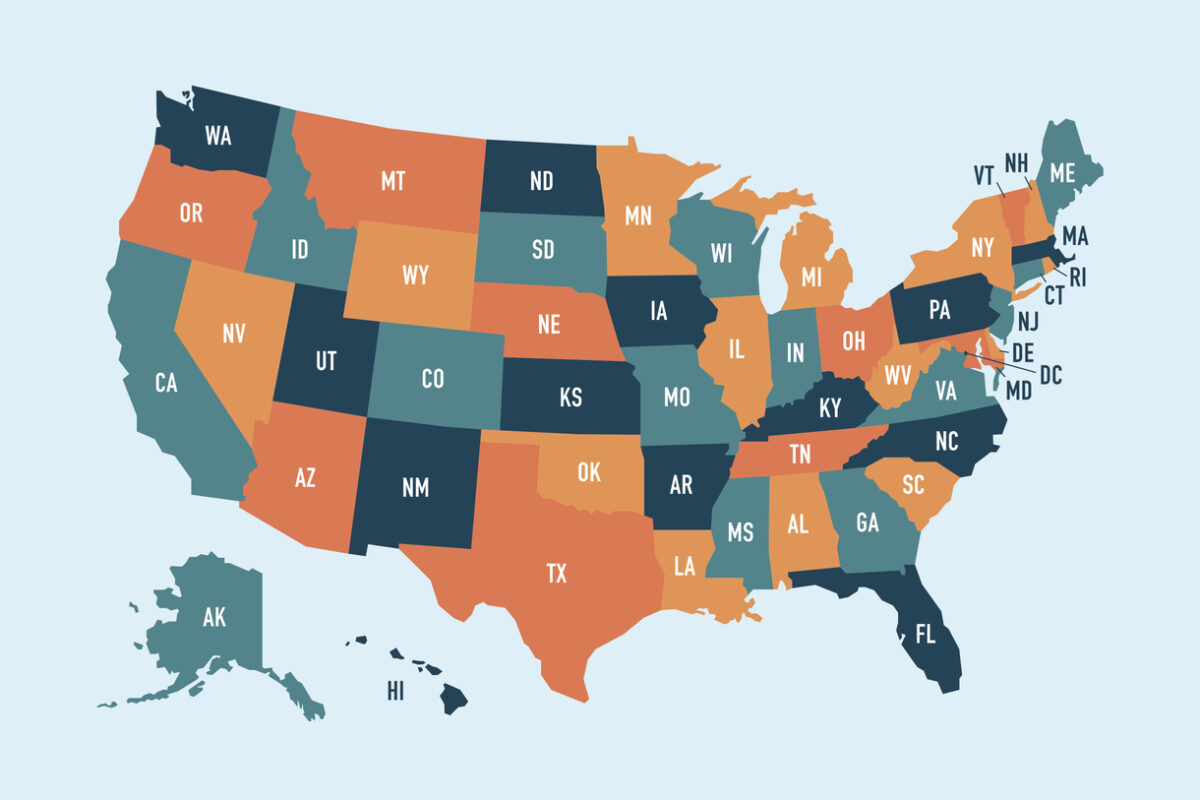Institute for Higher Education Policy President Urges Six Immediate Critical Changes to Higher Education Policy in Congressional Hearing
Published May 15, 2014
Washington, D.C., March 12, 2007—The Institute for Higher Education Policy’s president, Jamie P. Merisotis, in testimony before the U.S. House of Representatives’ Subcommittee on Higher Education, Lifelong Learning, and Competitiveness, urged Congress to reauthorize the Higher Education Act (HEA), but recommended six significant policy changes. HEA technically expired in 2004 and has been operating under annual extensions since then.
“The U.S. must dramatically increase the number of highly qualified college graduates it produces each year to maintain its current global leadership position,” Merisotis said. “Investing in those who might not otherwise go to college, and ensuring accountability to the students we serve, are not just nice goals to pursue as part of a Federal education policy agenda. They are necessary components of a national workforce investment strategy that can lead to greater prosperity, security, and harmony for all Americans.”
Rising prices, lack of adequate information, and poor academic preparation are all barriers to entering and completing college, Merisotis said. In order to ensure that everyone who wants to pursue a college education is eligible for the opportunity, he outlined six comprehensive new policy recommendations:
- Invest in need-based grant aid as the best and most important way to promote access to postsecondary education. Merisotis urged a significant increase in support for the Pell Grant program as the centerpiece for enhancing the Higher Education Act (HEA). Research indicates that investment in need-based grant aid is the federal government’s best and most important contribution to higher education; therefore, Merisotis recommended that Congress increase the maximum Pell Grant to at least $6,000 per year, an increase of nearly $1,700. “This amount would pay for slightly less than one-half of the price of attendance at a typical four-year public college for the neediest students, which, on a percentage basis, is still well below historic levels, but an important and necessary improvement,” he said.
- Encourage a broad participation in college financing that promotes private sector investment in aid to students. “Using federal money as an incentive, the HEA can be used to stimulate a greater response from local communities, corporations, foundations, organizations, and individual donors to support scholarship aid.” He cited Scholarship America as a successful model for community-based programs that provide grant aid that could be enhanced through a government matching or rewards system.
- Support locally-managed college access programs that target low-income, first-generation students as essential components of our national access strategy. Programs like the federal TRIO programs are key pillars in the overall effort to promote the successful transition of students into and through college. Yet in recent years, they have inexplicably been proposed for elimination as part of the President’s budget, according to Merisotis. “Given the importance of these programs to the populations most in need of college access—nearly one-third of all low-income high school graduates who actually enroll in college have been served by these programs—Congress must not only categorically oppose the elimination of these programs, but should support significant funding increases,” he said.
- Strengthen the capacities of minority-serving institutions (MSIs) to educate the nation’s emerging minority populations. Tribal Colleges and Universities, Hispanic-Serving Institutions, and Historically Black Colleges and Universities and other predominantly Black institutions, which collectively are referred to as MSIs, educate about one-third of all students of color. “Congress must find a way to ensure the continued development and growth of MSIs, allocate additional funding, and improve the infrastructure and application of information technology at MSIs,” he said. “In addition, Congress must develop new graduate-level opportunities to enhance the capacity of MSIs to train future faculty and senior institutional leaders.”
- Embrace investment in immigrants as a key component of the higher education access and success strategy. “Policies that benefit the population as a whole will directly help immigrants. These include adequate investment in higher education grant aid and support programs and increased efforts to broaden public awareness of the steps traditional-age students need to take to be adequately prepared for college,” he said. “In order to open the doors to higher education for our immigrants, we must develop a broader and more efficient path to citizenship and offer accessible and affordable programs to help immigrants learn English and become familiar with their new country,” he added. “Policies that explicitly impede the postsecondary opportunities of documented immigrants must be reversed. We are a nation of immigrants, and denying opportunities to this growing U.S. population base will have significant and long-term negative impact to our economy.”
- Support a system of higher education accountability that focuses on the complex life circumstances of today’s college students. Merisotis said that higher education institutions must be effective stewards of the Federal funds invested in them and that they must also be held accountable specifically to the students they serve. “Accountability begins with an efficient system of information that can be readily collected, easily understood, and meaningfully applied to determine effective stewardship,” he commented. “A privacy protected information system could provide enormously useful information about student attendance patterns, the net price students pay, and persistence and graduation rates. The 110th Congress has an exceptional opportunity to improve our higher educational system by supporting the best interests of students—the backbone of our workforce and economic security.”


